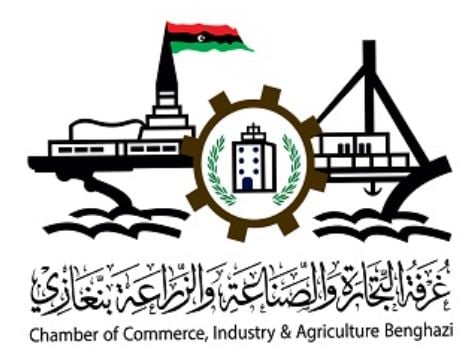The 46th annual international exhibition of agricultural machinery (EIMA) started (6-10 November) in Bologna, Italy with the participation of more than 1,750 industries, 700 of which are foreign, covering every sector of the market.
Several Libyan companies specialized in various agricultural fields are participating in the event. These included companies in agricultural production such as date and grain production, as well as companies importing advanced agricultural technologies in the field of irrigation, ploughing, harvesting, picking, and optimal use of desert agricultural areas, in addition to modern technologies in the field of rationalizing water consumption.
B2B meetings
Libyan companies will hold several b2b meetings with participating Italian and foreign companies to learn about advanced agricultural technology that is compatible with the agricultural environment in Libya. These aim to contribute directly to increasing the green area according to environmental sustainability standards, which leads to agricultural development that achieves self-sufficiency for the longest period.
“EIMA International raises expectations to a higher level than ever before by offering technological solutions to the major challenges of agriculture and the environment.”, said the Director General of the Italian Agricultural Machinery Manufacturers Federation FederUnacoma, Simona Rapastella.
“Population growth, climate change, polluting emissions, animal welfare and the protection of biodiversity – explained Rapastella – are all crucial issues for the future of the planet and can only be addressed with the new generation of agricultural mechanical technologies”.
“Modern mechanization thus allows companies to maintain their competitiveness and to keep up with the environmental needs of the planet – said Rapastella – and allows agriculture to be included in a holistic system that includes everyone, from consumers to institutions, and even the world of school and training.”
“That is why this exhibition – concluded Rapastella – is no longer just an “industrial” event but an “innovation factory”, open to agro-industrial supply chains and related economic sectors and looking very much to the future.”










